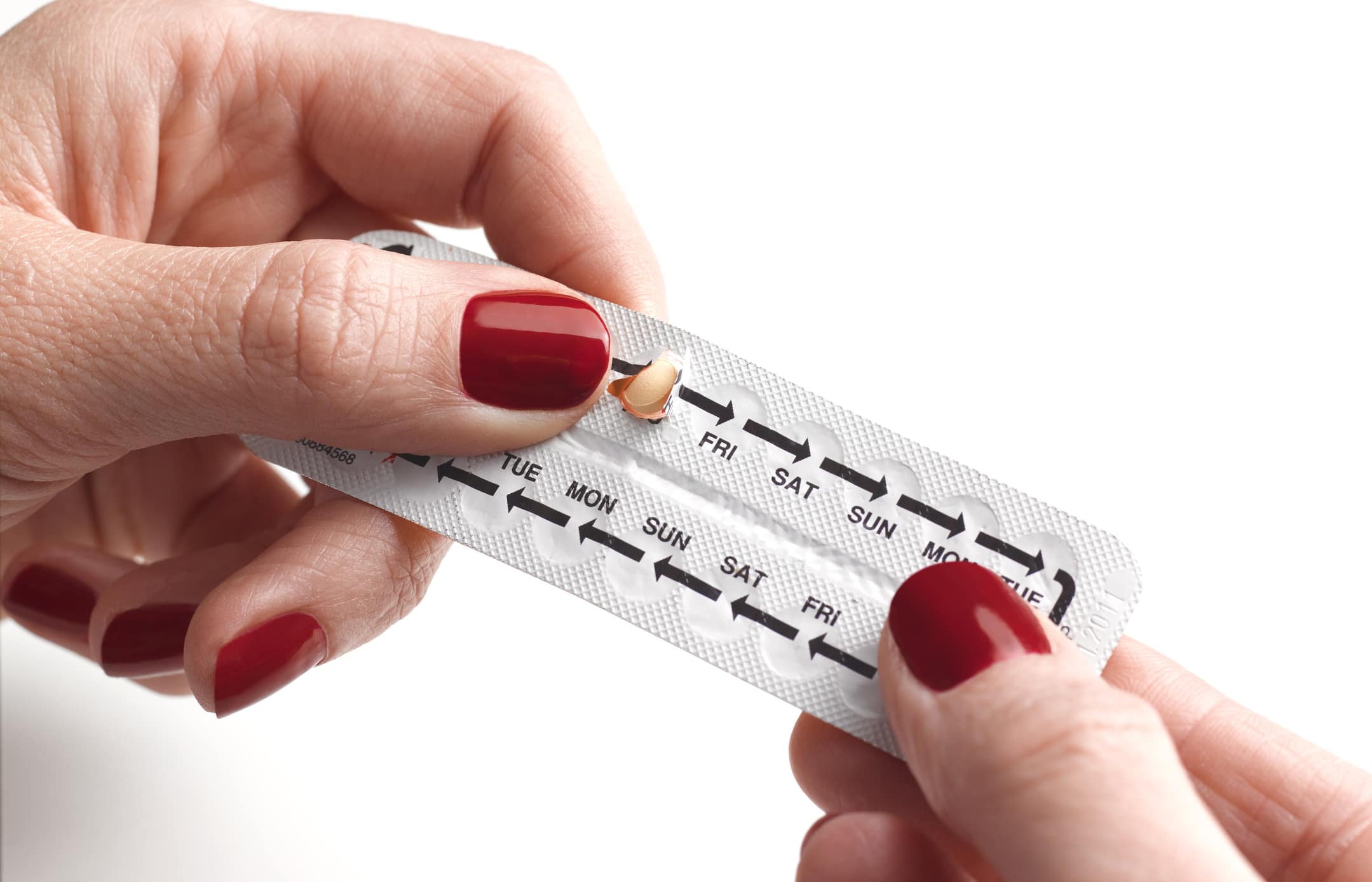TOPLINE
Birth control with fewer side effects could be a possibility in the future, as a study published Thursday found that ovulation can still be effectively prevented when the dosage of hormones in birth control is reduced by up to 92%.
KEY FACTS
Researchers examined women aged 20 to 34 with normal menstrual cycles and found that it’s possible to reduce the total dose in both estrogen-only and progesterone-only contraceptives and still prevent ovulation, for a study published in PLOS Computational Biology.
In estrogen-only contraceptives researchers were able to reduce the total dose by 92% and in progesterone-only birth control they reduced the total dose by 43%.
In contraception with both estrogen and progesterone, the study shows that each dose of the hormone could be reduced further.
PROMOTED
The study found that contraception that distributes estrogen and progesterone at different points in the menstrual cycle could prove more successful than the current norm of steady constant doses of a hormone.
Most forms of contraception— whether pill, injectable or implant—aim to administer estrogen, progesterone or both to block ovulation and stop an egg from being released into the uterus
BIG NUMBER
65%. That’s what percentage of U.S. women aged 15 to 49 used contraception from 2017 to 2019, according to the Centers for Disease Control and Prevention.
KEY BACKGROUND
Birth control is notorious for its many varying side effects. Weight gain, mood changes, acne and headaches are among the common symptoms of hormonal contraceptives, according to the American Academy of Family Physicians. In a survey done by the Kaiser Family Foundation last year, nearly one-third of contraceptive users said they experienced side effects from their current method of birth control, and more than half of those surveyed said the side effects they experienced were more severe than they expected. The effects of hormonal contraceptives on the brain, in particular, have been a focus for many researchers in recent years. A 2022 systematic review of neuroimaging studies on contraception found that the use of hormonal birth control can alter both the structure and the function of the brain, a finding which made adolescent women who are still developing increasingly vulnerable, researchers said. If, as Thursday’s study suggests, there is a reduction of hormones in birth control, side effects from contraception could also subside.
Forbes Daily: Our best stories, exclusive reporting and Forbes perspectives on the day’s top news, plus the inside scoop on the world’s most important entrepreneurs.Sign Up
You may opt out any time. By signing up for this newsletter, you agree to the Terms and Conditions and Privacy Policy
TANGENT
Separately there’s been a push to broaden birth control options for sexual partners. A study out earlier this year found a male contraceptive pill was effective in male mice 30 to 60 minutes after they took it, a finding researchers described as a “game changer” for contraceptives. The male mice received a single oral dose of a drug that immobilized sperm for up to two and a half hours, researchers said.
FURTHER READING
Male Birth Control Drug Sees ‘Game-Changer’ Trial In Mice—Here’s What You Need To Know (Forbes)
